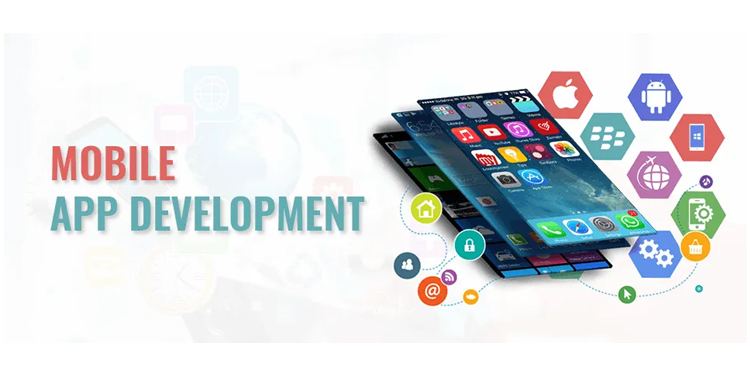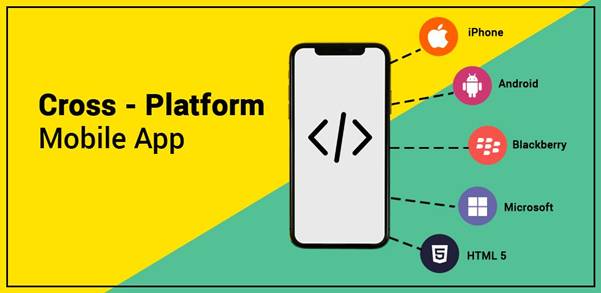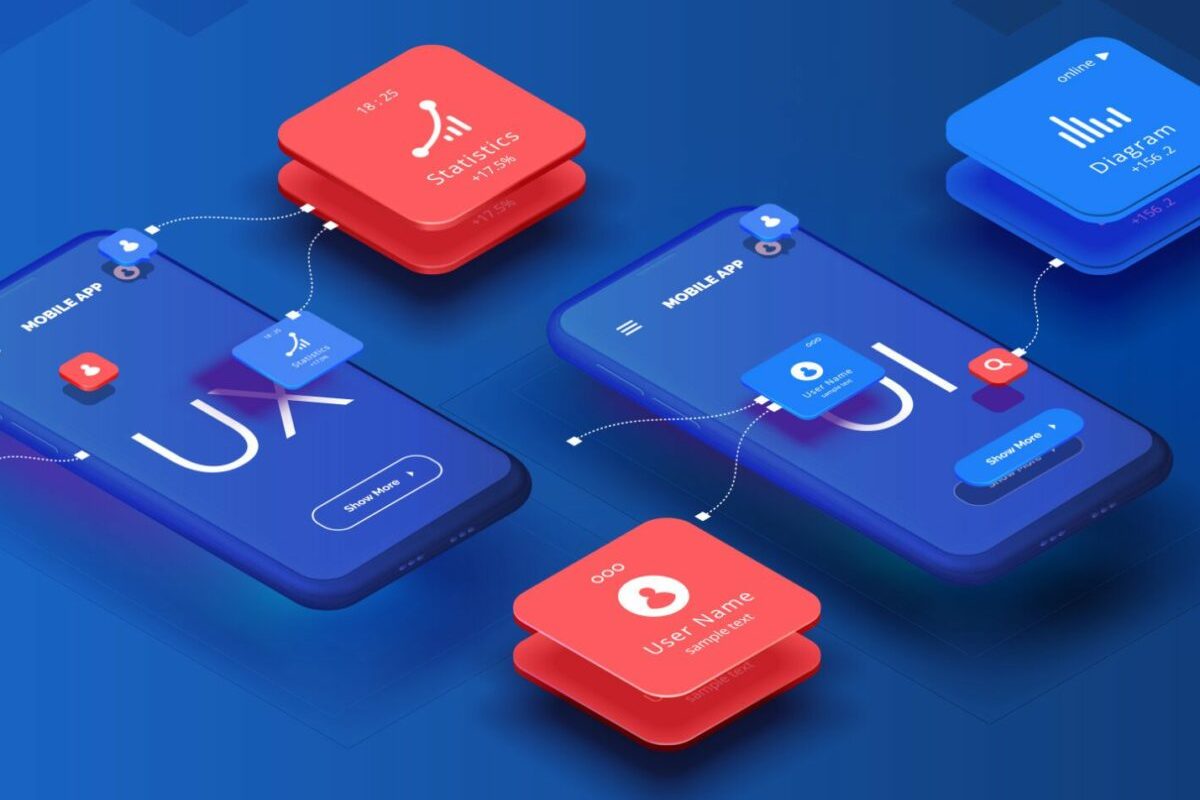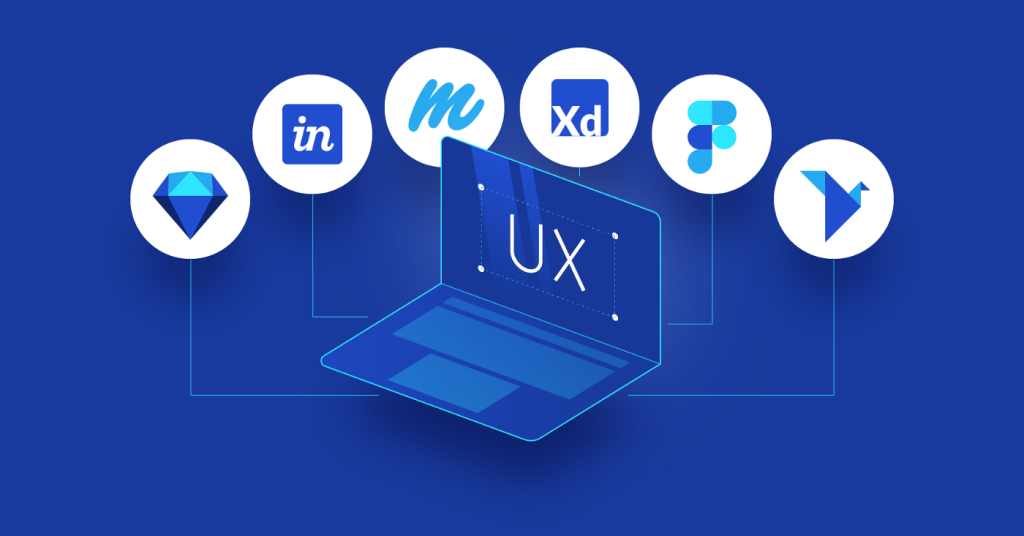Mobile app development is a rapidly growing field, and staying on top of the latest programming languages is essential for developers looking to create innovative and user-friendly mobile applications. As we step into 2023, let’s explore the top five programming languages that are poised to dominate the mobile app development landscape.
- Swift: Swift has become the go-to programming language for iOS app development. Developed by Apple, Swift offers a modern and intuitive syntax that makes it easier for developers to write clean and efficient code. With its robust performance, Swift enables the creation of high-quality, responsive, and user-friendly iOS applications. As Apple continues to improve and expand Swift’s capabilities, it remains a top choice for developers targeting the iOS ecosystem.
- Kotlin: Kotlin has gained tremendous popularity among Android app developers in recent years. Officially supported by Google for Android app development, Kotlin is designed to be fully interoperable with Java, making it a seamless transition for developers already familiar with Java. With its concise syntax and enhanced safety features, Kotlin allows developers to write code faster and with fewer errors. As more companies and developers adopt Kotlin, it solidifies its position as a leading language for Android app development in 2023.
- Flutter/Dart: Flutter, along with its programming language Dart, has been making waves in the cross-platform app development space. Developed by Google, Flutter offers a powerful framework for building native-like user interfaces across multiple platforms, including iOS, Android, web, and desktop. Dart, as Flutter’s programming language, provides a reactive and efficient foundation for building visually appealing and performant mobile apps. As the demand for cross-platform development grows, Flutter and Dart are expected to gain even more traction in 2023.
- JavaScript: JavaScript has been a fundamental language for web development, but it has also made significant inroads in mobile app development, thanks to frameworks like React Native. React Native allows developers to build cross-platform mobile apps using JavaScript and offers the advantage of reusing code across platforms. As a result, JavaScript remains a versatile and in-demand language for creating mobile applications with a focus on code reusability and efficiency.
- C#: C# (C Sharp) is the primary language used with Xamarin, a popular cross-platform development framework owned by Microsoft. Xamarin enables developers to build native apps for Android, iOS, and Windows using a shared C# codebase, making it a cost-effective and time-saving option. With Microsoft’s continuous support and improvements to Xamarin, C# will continue to be a favored language for cross-platform mobile app development in 2023.

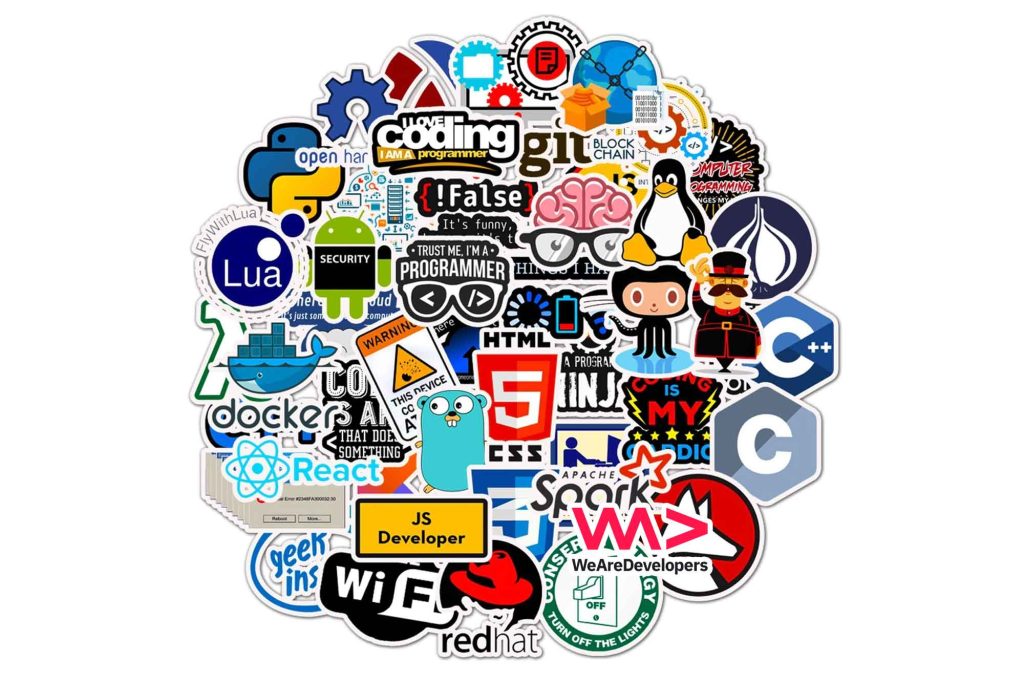
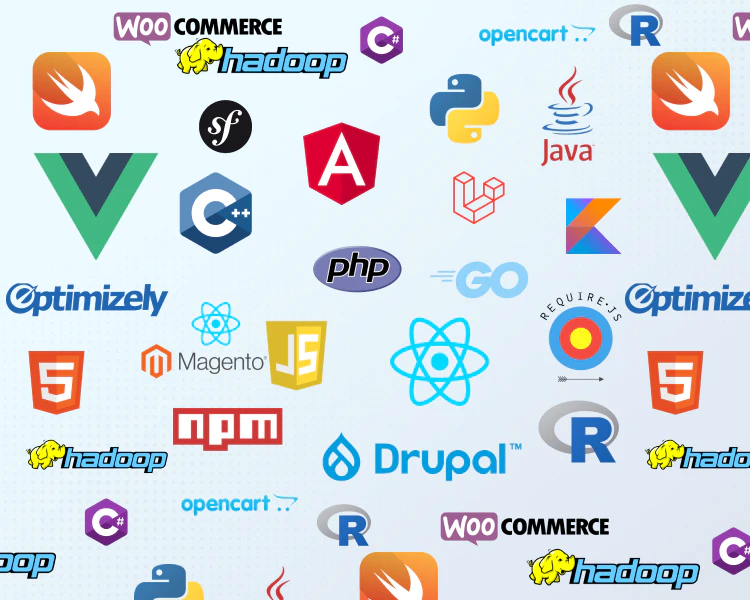
In 2023, mobile app development is set to witness continued growth and innovation. Developers aiming to excel in this dynamic field should keep a close eye on the evolving trends and advancements in programming languages. Swift and Kotlin remain dominant choices for native iOS and Android development, while Flutter/Dart and JavaScript offer robust solutions for cross-platform development. Additionally, C# with Xamarin provides an attractive option for building apps across multiple platforms. Selecting the right programming language that aligns with your project’s requirements and skillset will be key to developing successful and impactful mobile applications in the coming year.



